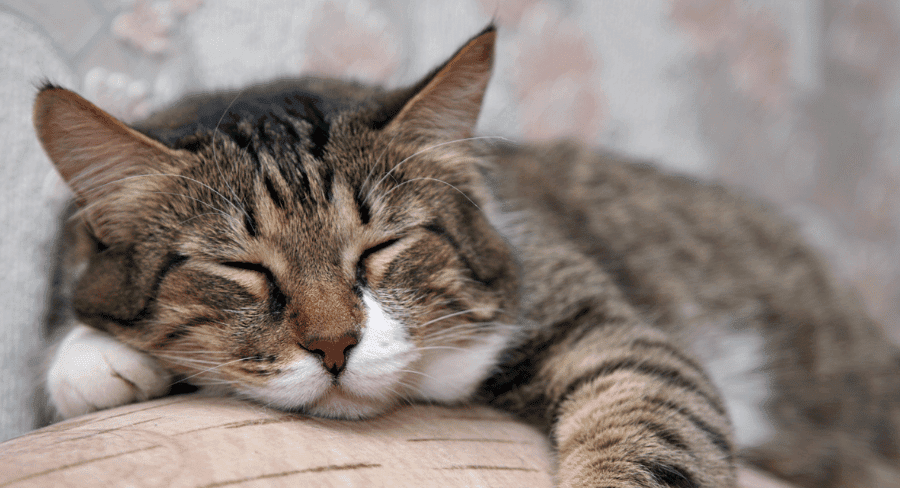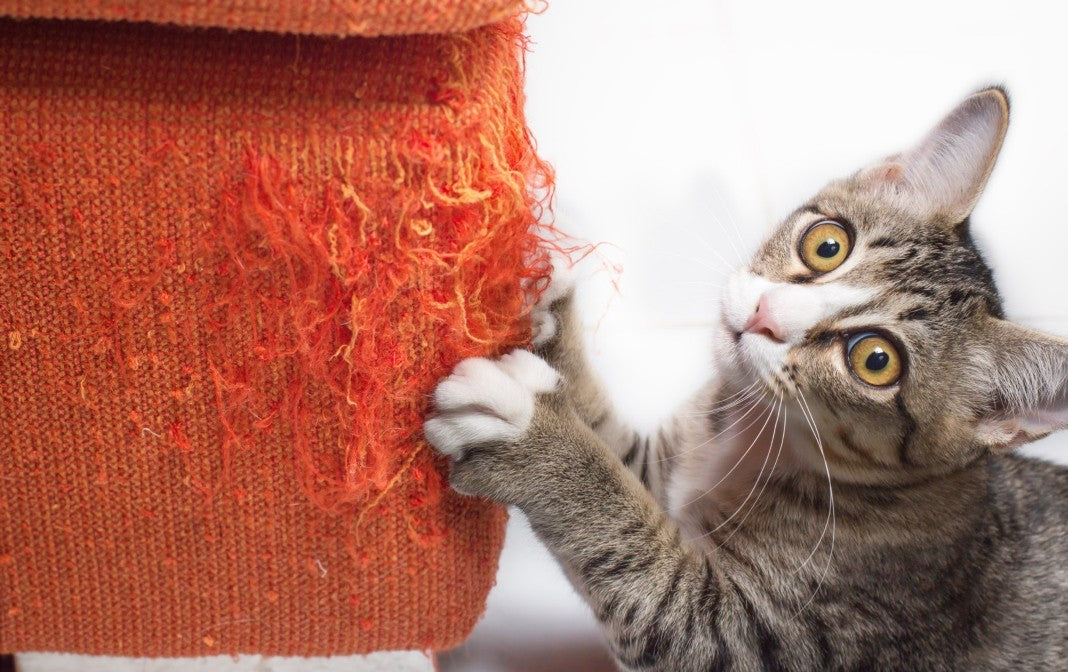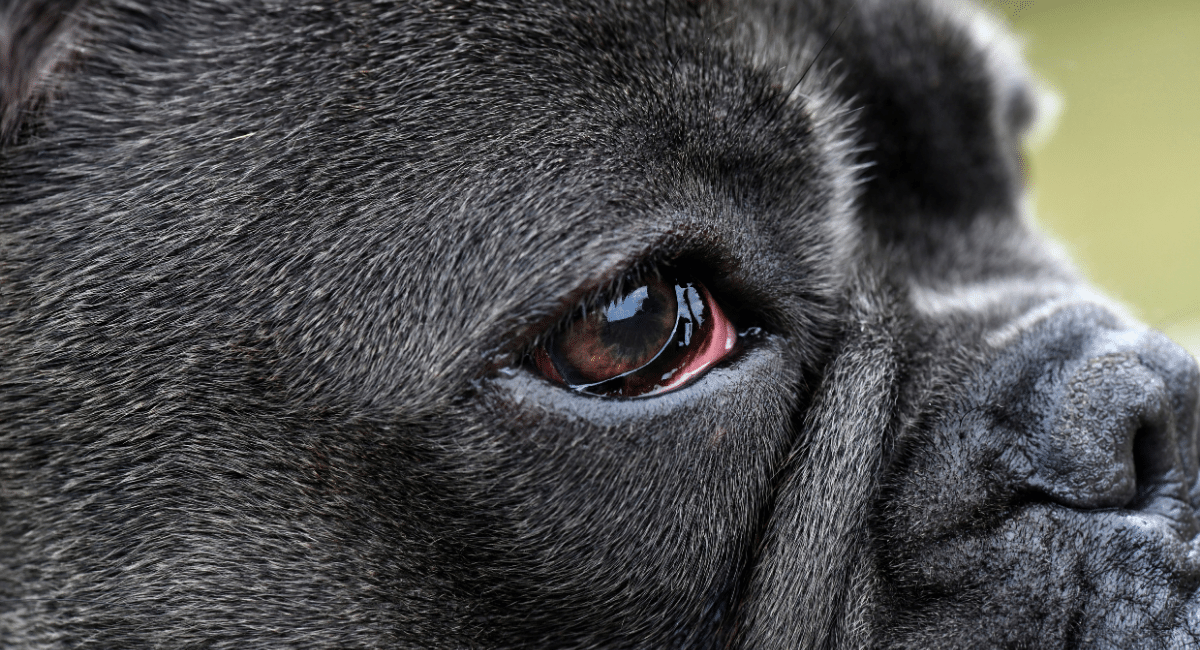Chronic kidney disease, also called chronic renal disease or chronic renal failure, is a common ailment that affects many older domestic cats. As a leading cause of feline death, it is important for cat parents to understand the different types of kidney disease and watch out for early warning signs with their own pets. Read on to learn about 7 ways you can help prevent kidney disease in your feline friends.
Table of Contents
TYPES OF KIDNEY DISEASE
There are several types of kidney disease, most notably chronic and acute kidney failure. Each has its own causes and symptoms, so knowing which type of kidney disease a cat has developed is essential for effective treatment.
ACUTE KIDNEY DISEASE
Acute cases usually result from exposure to toxins, shock, or an infection surrounding the kidney area. For example, this can happen when a cat accidentally ingests antifreeze that has been kept in the house, or has an urethral obstruction. As acute kidney failure has a rapid onset, immediate medical attention must be sought in order to prevent further injury or death. Some major symptoms of acute failure include vomiting, weakness, disorientation, bad breath, pain during urination, and dehydration. Acute kidney failure can affect cats of all ages.
CHRONIC KIDNEY DISEASE
In chronic cases, the onset of the illness has already been occurring for many years, leading to a slow deterioration of the kidneys. It results in the death of the nephron, which is the functional unit of the kidney. Thus, the cat’s organs are unable to filter out waste or to regulate fluids. While the exact cause of chronic kidney failure in cats is unknown, many experts believe that poor nutritional habits can be a key factor in the development of the disease. Be on the lookout for common symptoms such as excessive urination and thirst, vomiting, weakness, dehydration, weight loss, fatigue, bad breath, drooling, and a dull coat. This type of kidney disease is more common in older felines than younger ones.

PREVENTING KIDNEY DISEASE IN CATS
Prevention is always better than treatment, for the health and peace of mind of both you and your cat. There are a few steps that cat parents can take to help prevent the development of kidney disease in their kitties:
1. Take your cat in for regular vet checkups: Take your cat in for a veterinarian visit twice a year, especially if they are older, to make sure that their health is in check. If the vet does detect signs of kidney disease, early intervention is your best bet against having the illness develop any further. When treatment is started early following detection, chronic kidney disease can be successfully managed for years to come.
2. Have your cat drink lots of fluids: Keep your kitty’s kidneys healthy by having them drink lots of water throughout the day. Always have a fresh water bowl or dish on hand and keep it filled up. You can also serve your cat wet food during mealtime to ensure that they are taking in enough fluids.
3. Implement a healthy diet: Since nutrition plays an important part in disease prevention, put your cat on a diet high in good-quality protein. For felines with chronic kidney disease, their diet should consist of lower amounts of sodium and phosphorus. Decreasing phosphorus intake has been shown to be beneficial in helping control disease progression.
4. Support with natural supplements: Homeostasis, the inner balance in one's body, is essential to maintain in both humans and their furry friends. Help your kitty stay healthy with supplements like our Urinary Tract and Kidney Support for Cats, a natural formula made to reduce Urinary Tract Infections, flush out kidney stones, and minimize involuntary leakages.
5. Watch your pet’s weight: Obesity in cats can lead to diabetes, a disease that can later lead to kidney disease. If you’re unsure about what your cat’s ideal weight should be, consult with your veterinarian. If your cat is at risk, you may want to look into natural remedies for increasing metabolism and controlling food intake.
6. Limit their exposure to toxic substances: This tip relates more to acute kidney disease, but if you are currently using ethylene glycol antifreeze in your house, it should be replaced with the less toxic propylene glycol variety to prevent your cat from ingesting it. Additionally, all medications (human and animal) should be carefully monitored and kept out of the reach of your pets, as some may be toxic to your cat. Other potentially hazardous household objects include toxic plants (e.g. lilies), rat poison, or heavy metals (such as the mercury in a thermometer).
7. Make it easy for your cat to use the litter box: Move your cat’s litter box to a location in the home that they are comfortable with. Clean it regularly so that your feline friend will not be deterred from using it, and will therefore keep a consistent urination schedule.

LEARN THE EARLY SIGNS OF KIDNEY DISEASE
If you own an aging cat, it’s a good idea to educate yourself on the warning signs of chronic kidney disease so that you can provide early medical intervention if you notice that they are beginning to develop the condition. Cats who exhibit a change in daily habits such as fluid intake or urination, or who display unusual behavior and symptoms such as weakness and vomiting, should be taken to the vet immediately to see if there is a more serious issue at play.
As pet parents, we want to do everything we can to ensure our fur babies live a long and happy life, and keeping them safe and healthy is the best way to do so. Acute and chronic kidney disease are serious illnesses, but as long as you follow the prevention tips and act quickly when you notice your cat acting strange, you can reduce the chance of severe problems. Kidney disease is no match for your cat - help them stay energetic and playful all the way to their golden years!



